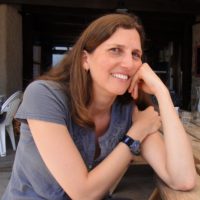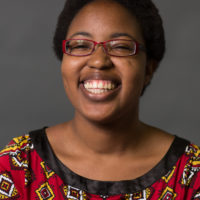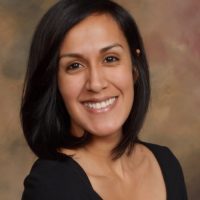Campus News
Teaching on the edge
Four of UC Santa Cruz’s most innovative educators will offer insights and advice about fostering lively, dynamic, and relevant classrooms during a special edition of the Alumni Weekend Teach-Ins.




Four of UC Santa Cruz’s most innovative educators will offer insights and advice about fostering lively, dynamic, and relevant classrooms during a special edition of the Alumni Weekend Teach-Ins.
“How Slugs Teach Now: What Is Active Learning And Why Does It Matter” will be the first Teach-In sponsored by UC Santa Cruz’s new Center for Innovations in Teaching and Learning (CITL), which is dedicated to revitalizing UC Santa Cruz’s teaching mission, while promoting equity and accessibility in the 21st century classroom. The talk takes place on Saturday, April 28, from 12:30 to 2 p.m. at Humanities Room 259.
Suzanne Alonzo, professor of ecology and evolutionary biology, and Daniel Press, professor of environmental studies and executive director of the Center for Agroecology and Sustainable Food Systems (CASFS), will discuss “How Social Behavior Can Save the World.” Psychology professors Christy Byrd and Rebecca Covarrubias will delve into “Place and Belonging in a UC Santa Cruz Education.”
UC Santa Cruz literature professor Jody Greene, CITL’s founding director, hopes the presentation sends a strong and positive message to returning Banana Slugs: “I wanted to let alumni know that we are putting energy into sustaining and revitalizing the teaching mission at UC Santa Cruz,” she said.
While the teaching mission has been part of UC Santa Cruz’s DNA since the university opened in 1965, the campus has grown enormously, especially over the past 20 years, Greene continued.
That growth creates new opportunities as well as challenges. Classes are much larger than they used to be. While the student body is now much more reflective of California’s demographics than it was 50 years ago, and while students bring a wealth of cultural and life experiences campus, many undergraduates face serious barriers to completing their education. Some are first-generation students, for example—students who are the first in their family to attend a four-year university. Some are undocumented, or facing economic, cognitive and emotional challenges.
In light of these changes, UC Santa Cruz educators have been looking into ways to revisit and refine teaching methods that support learning while taking full advantage of the recent “outpouring’’ of research into higher education, Greene said.
She emphasized that professors must not take their pedagogical missions for granted. “Until recently, those of us who teach in higher education were able to do so without pedagogical training,” Greene said. “In the past, you could teach college without such training.”
Since then, there has been a dramatic shift, with professors learning from new studies in cognitive dynamics, as well as surveys and information designed to make classrooms more impactful, relevant, and engaging. At the same time, educators have embraced the potential—as well as the distractions—of high-tech equipment such as laptops and a new generation of more interactive cellular phones. “Those devices change us socially and neurocognitively,” Greene said.
Fittingly, the Teach-In itself, focusing on interactive learning, will be a dynamic experience for returning alumni. Greene wanted an alternative to a group of professors “standing up, giving a lecture to alumni, and then they nod and smile and maybe ask a question at the end.”
Instead, alumni will see what active learning looks like. There will be a modest amount of lecturing, but also plenty of interactive activities. For instance, Press and Alonzo will showcase the way that social behavior helps people respond to climate issues by having their Teach-In “students’’ try their hand at group problem-solving. Byrd and Covarrubias will use exercises to show how a strong sense of place and belonging supports student learning.
Alumni will have a chance to share their own recollections about place and community while attending UC Santa Cruz—and their stories are sure to be instructive, Greene said. “If we can help students feel at home in this place, we give them a greater sense of belonging, which supports their educational success.”
This Teach-In is bound to be a powerful experience for all participants. Rather than sit back and absorb information, returning alumni “will have a chance to go to school in ways that we hope our students are going to school right now, with students taking control of their own learning, and engaging with one another,” Greene said.